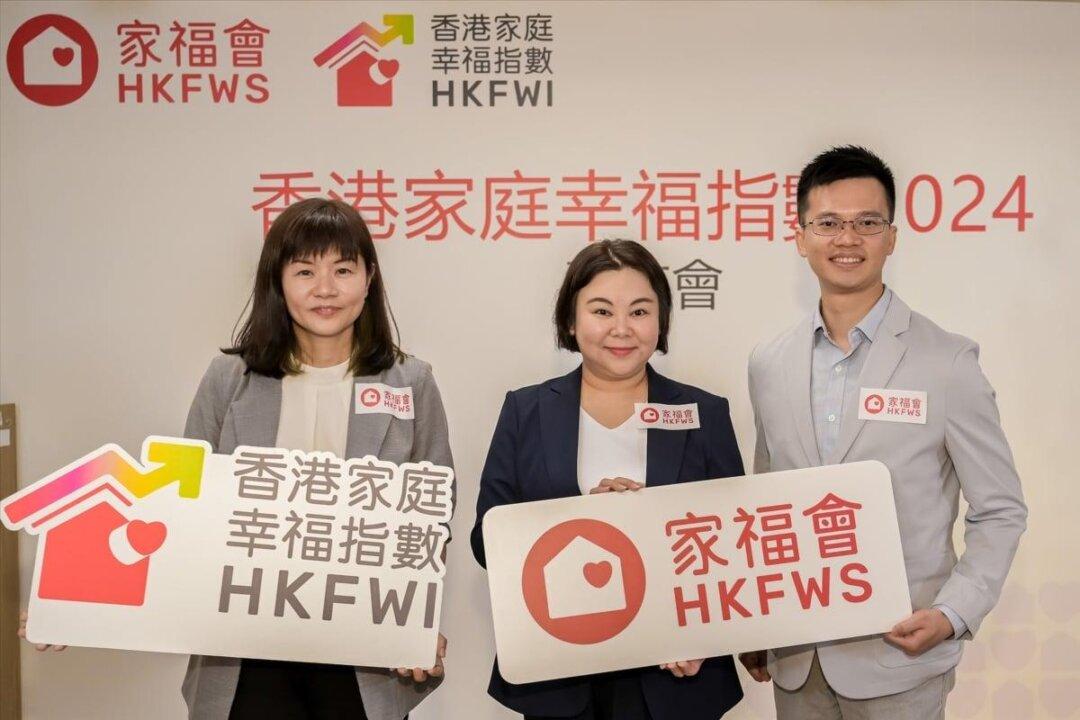A survey by the Hong Kong Family Wellbeing Society (HKFWS) shows that this year’s latest “Hong Kong Family Wellbeing Index (HKFWI)” is 6.06 (out of 10), which is an “average” level and continues its decline since 2019. Teresa Cheung Wing-shan, senior manager of the HKFWS, said that the drop in the latest overall score is less significant than the last survey in 2022. She believes that it is now time to return to normal after the pandemic, but it will take time to accomplish that.
Since 2020, the HKFWS has started publishing the HKFWI results every other year. This is the third survey, performed between January 2 and 23, during which the HKFWS conducted random sampling telephone interviews with the respondents, and successfully interviewed, through fixed lines and mobile phones, 2,014 Hong Kong residents aged 18 or above living with their families.




